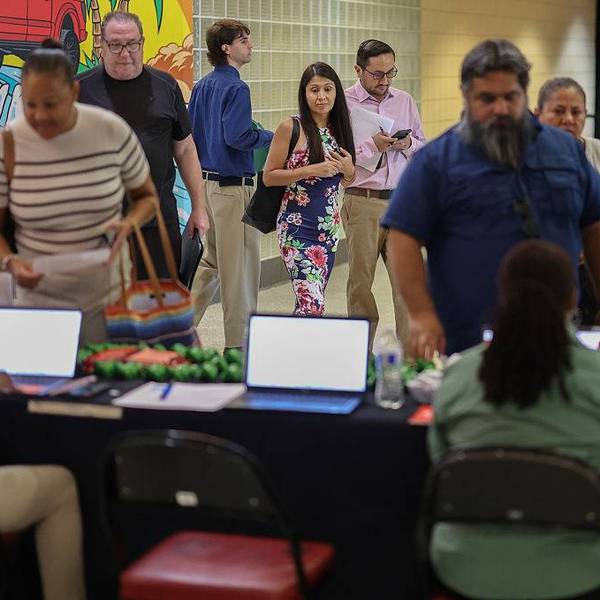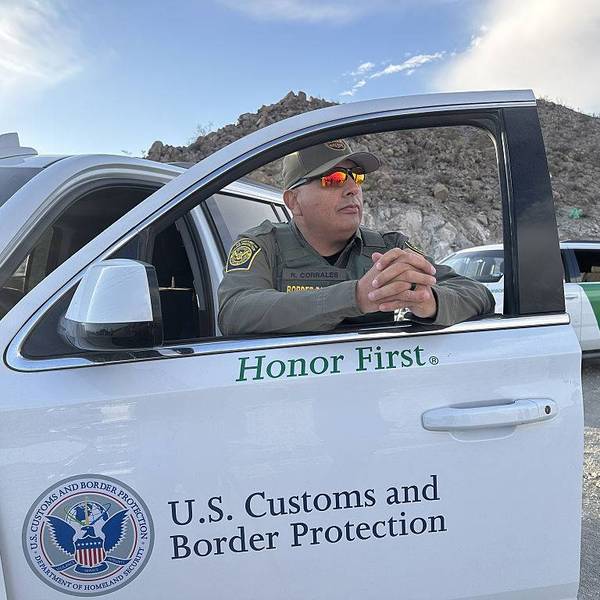If you don't return to work in Texas and Iowa because you fear getting sick from the coronavirus you risk losing unemployment benefits.
That's the directive from the respective states' two Republican governors, who separately issued guidelines to that effect as part of an effort to reopen their economies despite warnings from public health officials.
In Iowa, Gov. Kim Reynolds announced last Friday that anyone in the state refusing to return to work due to concerns over contracting Covid-19, which has as of press time killed over 59,000 Americans, would be considered as a "voluntary quit" from their job and ineligible for unemployment benefits.
"If you're an employer and you offer to bring your employee back to work and they decide not to, that's a voluntary quit," said Reynolds. "Therefore, they would not be eligible for the unemployment money."
In a guidance memo issued Monday, the Iowa Workforce Development agency urged employers to turn in workers who choose to prioritize their personal health and safety over demands they return to work.
"Businesses should report employees who refuse to return to work without good reason or who quit their jobs as soon as possible," the memo declared.
Texas Gov. Greg Abbot on Monday issued an order reopening his state's economy for May 1, meaning Texans who do not return to work could also lose access to unemployment benefits.
"I feel like either I'm going to lose my business and everything I worked for, or I'm going to get sick," restaurant owner Kimberly West told the Texas Tribune of the governor's decision.
In comments to the Tribune, Texas AFL-CIO president Rick Levy said he was angered by the governor's decision.
"It makes me so mad that [the governor's office] talks about, 'If workers aren't feeling good, they should stay home'" said Levy. "That would be a lot easier to do if you had sick-leave benefits, but the state has consistently refused to provide any paid leave at all."
As Slate's Elliot Hannon wrote Wednesday, the treatment of workers is part of Covid-19's unequal impacts on people of differing economic circumstances around the country.
"As has been the case throughout the pandemic so far, those bearing the economic brunt of the virus have been the country's paycheck-to-paycheck class, which is far larger than you'd think," wrote Hannon. "The fervor to reopen--whether it's safe or not--will compel these workers to put themselves between the virus and people sitting on Zoom calls and ordering deliveries online."




